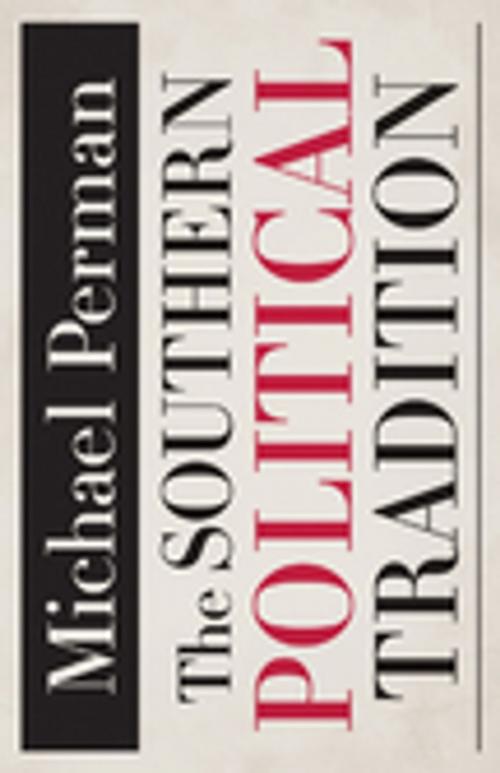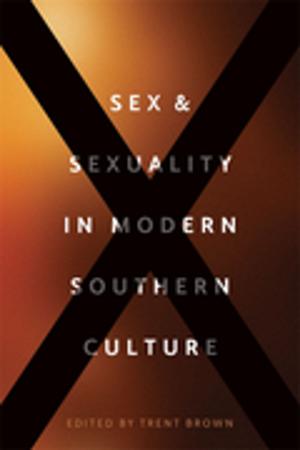The Southern Political Tradition
Nonfiction, Social & Cultural Studies, Political Science, Politics, History & Theory, History, Americas, United States| Author: | Michael Perman | ISBN: | 9780807144039 |
| Publisher: | LSU Press | Publication: | March 12, 2012 |
| Imprint: | LSU Press | Language: | English |
| Author: | Michael Perman |
| ISBN: | 9780807144039 |
| Publisher: | LSU Press |
| Publication: | March 12, 2012 |
| Imprint: | LSU Press |
| Language: | English |
In The Southern Political Tradition, the distinguished southern historian Michael Perman explores the region's distinctive political practices and behaviors, primarily resulting from the South's perception of itself as a minority under attack from the 1820s to the 1960s. Drawing on his extensive research and understanding of southern politics, Perman singles out three features of the area's political history. He calls the first element "The One-Party Paradigm," a political system characterized by one-party dominance rather than competition between two or more. The second feature, "The Frontier and Filibuster Defense," illustrates a dramatic, preemptive response within Congress to any threat to the region's racial order. And in the third, "The Over-Representation Mechanism," Perman describes the skillful manipulation of institutional mechanisms in Congress that resulted in greater influence than the region's relatively small population warranted.
This anomalous tradition has all but disappeared since the Civil Rights Act of 1964 and the Voting Rights Act of 1965. The Southern Political Tradition offers an insightful and provocative perspective on the South's political history.
In The Southern Political Tradition, the distinguished southern historian Michael Perman explores the region's distinctive political practices and behaviors, primarily resulting from the South's perception of itself as a minority under attack from the 1820s to the 1960s. Drawing on his extensive research and understanding of southern politics, Perman singles out three features of the area's political history. He calls the first element "The One-Party Paradigm," a political system characterized by one-party dominance rather than competition between two or more. The second feature, "The Frontier and Filibuster Defense," illustrates a dramatic, preemptive response within Congress to any threat to the region's racial order. And in the third, "The Over-Representation Mechanism," Perman describes the skillful manipulation of institutional mechanisms in Congress that resulted in greater influence than the region's relatively small population warranted.
This anomalous tradition has all but disappeared since the Civil Rights Act of 1964 and the Voting Rights Act of 1965. The Southern Political Tradition offers an insightful and provocative perspective on the South's political history.















